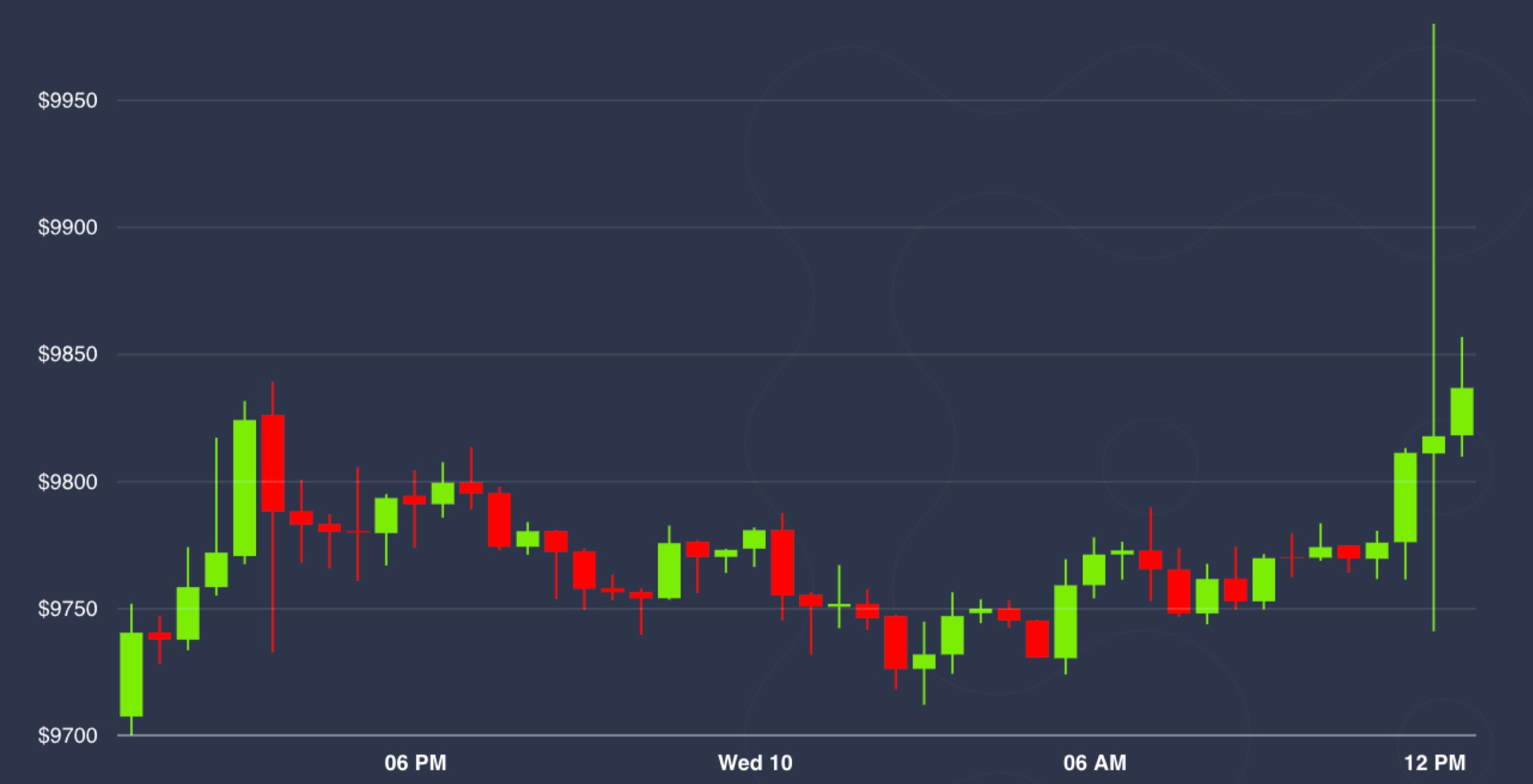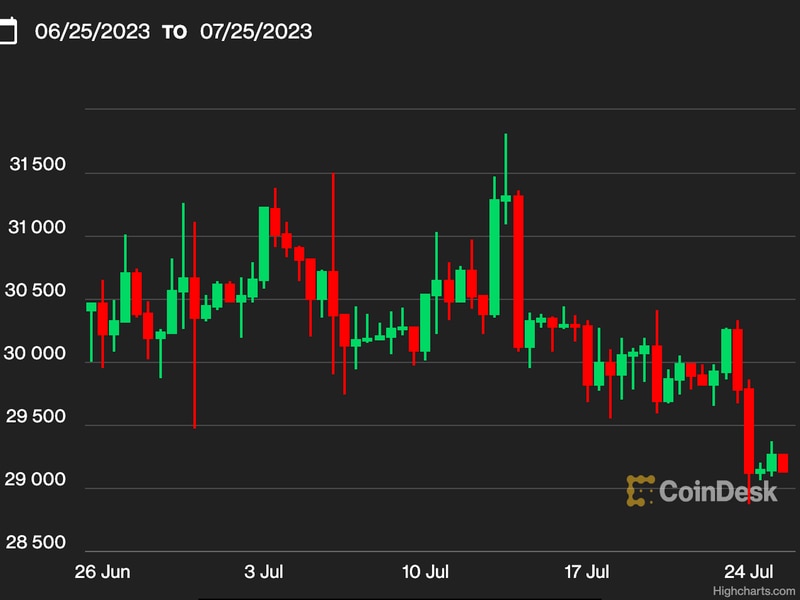Hong Kong Securities Regulator to Accept License Applications for Crypto Exchanges Starting June 1
Hong Kong’s Securities and Futures Commission (SFC) will begin accepting applications for crypto trading platform licenses on June 1, according to a Tuesday announcement.
The regulator has agreed to allow licensed virtual asset providers to serve retail investors, provided that operators assess understanding of the risks involved, according to a report on its consultation on policy recommendations released Tuesday. The SFC opened its initial policy recommendations to public feedback in February.
The rulebook explicitly bans crypto “gifts,” designed to incentivize retail customers to invest – which likely includes airdrops.
The guidelines, some of which were changed based on public feedback, place the onus squarely on platform operators to conduct due diligence, stressing that being included in two acceptable indices is just the minimum criterion for being listed for trading.
Under the rules, crypto exchanges are to maintain at all times no less than 5,000,000 Hong Kong dollars ($640,00) in capital, and at the end of each month, submit the platform’s available and required liquid capital, a summary of bank loans, advances, credit facilities as well as a profit and loss analysis to the SFC. Approved tokens on regulated exchanges need a 12 month “track record,” according to the rules.
The document also provides more detail on allowing retail investors to use trading platforms and on conducting due diligence on token listing. All tokens listed on exchanges will need to go through due diligence procedures before being listed on exchanges even if they are already listed on another platform. They will have to go through smart contract audits by independent assessors. Platform operators will not need to appoint independent external members to token review committees so long as they adequately deal with conflicts of interests, according to the conclusions.
The SFC will allow platforms to segregate client and its own assets through an escrow arrangement or via the licensed platform setting funds aside. Client virtual assets should be fully covered by each platform’s compensation arrangement.
In response to suggestions that third-party custodians could be engaged to safe-keep client assets, the SFC replied that since there is no regulatory regime for custodians of virtual assets, allowing that would hinder their supervision and enforcement.
The SFC said it will consult a separate review on allowing derivatives, which it acknowledges are very important to institutional investors.
On implementing the Financial Action Task Force’s (FATF) travel rule for sharing information on crypto transactions between financial institutions, the SFC said that when required information cannot be submitted to the beneficiary institution right away, it will accept submission as soon as practicable after the virtual asset transfer until January 1, 2024.
The guidelines also include clarifications on anti-money laundering requirements and criteria for fining platforms for breaching them.
The revised guidelines come into force on June 1.
Edited by Sandali Handagama.








